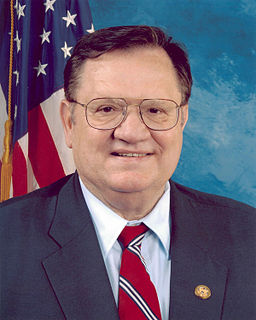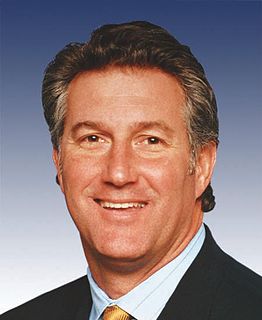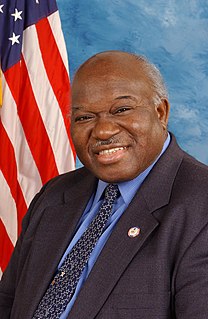A Quote by Gary Miller
The United States' gasoline industry, as Hurricanes Katrina and Rita demonstrated, is remarkably fragile. And the process of how oil is pumped from the ground, turned into gasoline and distributed to consumers is complicated.
Related Quotes
The drilling idea is spherically senseless - it's senseless from whatever point of view you look at it. It'd take 10 years to bring any oil online, and it would probably go to Japan. It sure wouldn't help gasoline prices here. All the economists say gasoline is still too cheap in the United States anyway. So here we're having this huge debate over offshore drilling that is just straightforward nonsense, which won't surprise you.
Renewable biofuels are meanwhile making inroads in the transportation fuels market and are beginning to have a measurable impact on demand for petroleum fuels, contributing to a decline in oil consumption in the United States in particular starting in 2006... The 93 billion liters of biofuels produced worldwide in 2009 displaced the equivalent of an estimated 68 billion liters of gasoline, equal to about 5 percent of world gasoline production.
Imagine a room awash in gasoline, and there are two implacable enemies in that room. One of them has nine thousand matches. The other has seven thousand matches. Each of them is concerned about who's ahead, who's stronger. Well that's the kind of situation we are actually in. The amount of weapons that are available to the United States and the Soviet Union are so bloated, so grossly in excess of what's needed to dissuade the other, that if it weren't so tragic, it would be laughable. What is necessary is to reduce the matches and to clean up the gasoline.






























